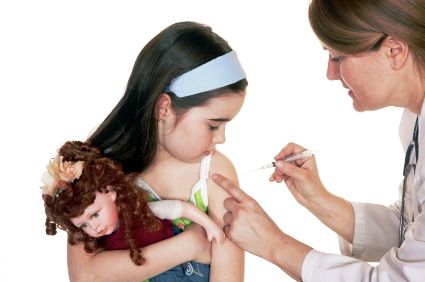Unlocking the Value of Combination Therapies



The OHE recently published reports on the vaccines markets in Australia and in the UK, originally prepared as case studies for a project funded by the Federal German Ministry of Health (Bundesgesundheitsministerium). The main findings of the Australian study are…

The OHE recently published reports on the vaccines markets in Australia and in the UK, originally prepared as case studies for a project funded by the Federal German Ministry of Health (Bundesgesundheitsministerium). The main findings of the Australian study are outlined in this post.

The OHE recently published reports on the vaccines markets in Australia and in the UK. These were prepared as case studies for a project funded by the Federal German Ministry of Health (Bundesgesundheitsministerium.) The main findings of the Australian study are outlined below.
Most vaccines, except those for travel and seasonal influenza, are made available in Australia under the National Immunization Programme (NIP). The Department of Health and Ageing (DoHA) purchases and supplies NIP vaccines, which are free to patients.
The decision whether to include a vaccine in the NIP is made by the Minister for Health and Ageing. An economic evaluation of the vaccine is the basis for a recommendation to the Minister from the Pharmaceutical Benefits Advisory Committee (PBAC) as to whether the vaccine should be included in the NIP or made available under the same scheme as for prescription drugs. If the Minister agrees, as has been the case to date, the Pharmaceutical Benefits Pricing Authority (PBPA) then must recommend a price to DoHA and assist it in negotiations with the manufacturer. A third group, the Australian Technical Advisory Committee, provides clinical and technical advice to PBAC, DoHA and vaccines manufacturers.
PBAC’s economic assessment of vaccines follows the same process as for prescription drugs, relying primarily on cost utility and/or cost minimization analyses. The authors point out that this may give insufficient weight to the important differences between curative pharmaceutical products and vaccines. PBAC’s approach also may affect pricing by encouraging companies to offer a lower price in order to increase the vaccine’s calculated cost effectiveness. In effect, this may create a target price that could weaken competition among manufacturers.
Pricing and supply of vaccines under the NIP have been centralized for some time, but changes in July 2009 increased centralisation by giving DoHA complete control over procurement. Before then, the eight state governments received funding for vaccine purchases from the central government and each had its own procurement process. Among the reasons for the 2009 change were the perceived inefficiency in the use of these funds by the states and uneven success in meeting immunisation targets. Although no real resistance to this change has surfaced, some anxiety exists among the states and the manufacturers about how well this will work in practice. Ensuring adequate and appropriate supply requires, for example, familiarity with local needs and practices — which the states have and DoHA currently lacks .
In principle, the authors point out, centralised purchasing should have certain advantages for the government, including economies of scale and greater influence over manufacturers — not only in pricing, but also in encouraging both local investment and early access to new vaccines. For manufacturers, centralisation was seen as a saving in that it would no longer be necessary to go through procurement exercises in all eight states. Although this single-decision approach could carry some risks for suppliers, DoHA’s well-established practice of splitting the market among vaccine manufacturers mitigates this and is expected to continue.
Download Sussex, J., Shah, K. and Butler, J. (2010) The publicly funded vaccines market in Australia. OHE Consulting Report 10/02. London: Office of Health Economics.
An error has occurred, please try again later.
This website uses cookies so that we can provide you with the best user experience possible. Cookie information is stored in your browser and performs functions such as recognising you when you return to our website and helping our team to understand which sections of the website you find most interesting and useful.
Strictly Necessary Cookie should be enabled at all times so that we can save your preferences for cookie settings.
If you disable this cookie, we will not be able to save your preferences. This means that every time you visit this website you will need to enable or disable cookies again.
This website uses Google Analytics to collect anonymous information such as the number of visitors to the site, and the most popular pages.
Keeping this cookie enabled helps us to improve our website.
Please enable Strictly Necessary Cookies first so that we can save your preferences!
